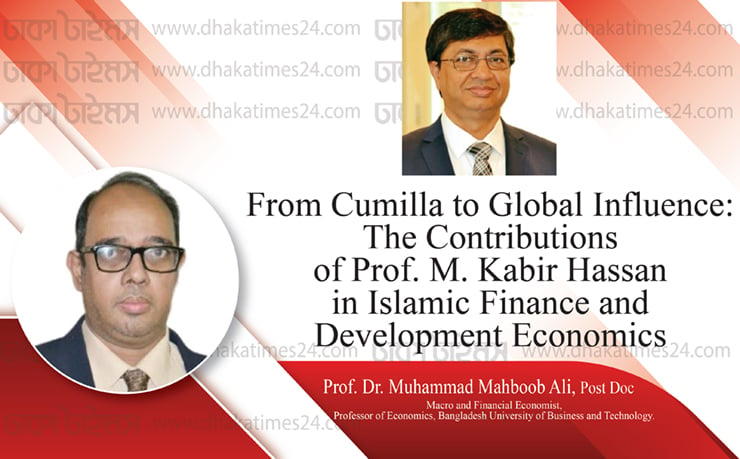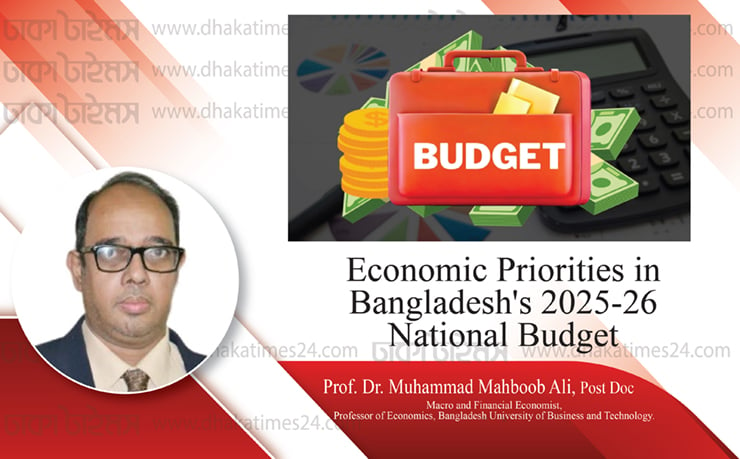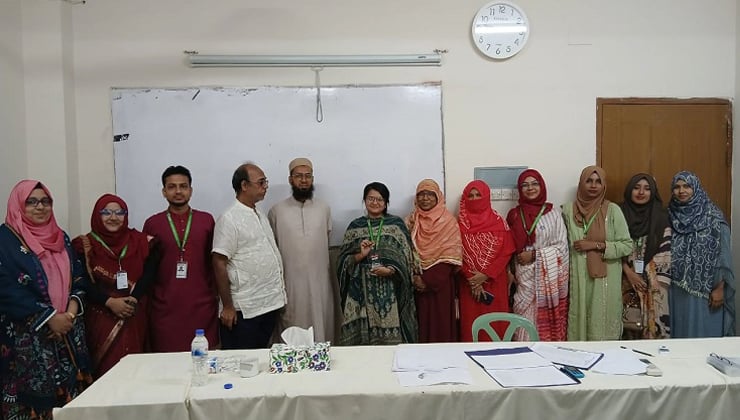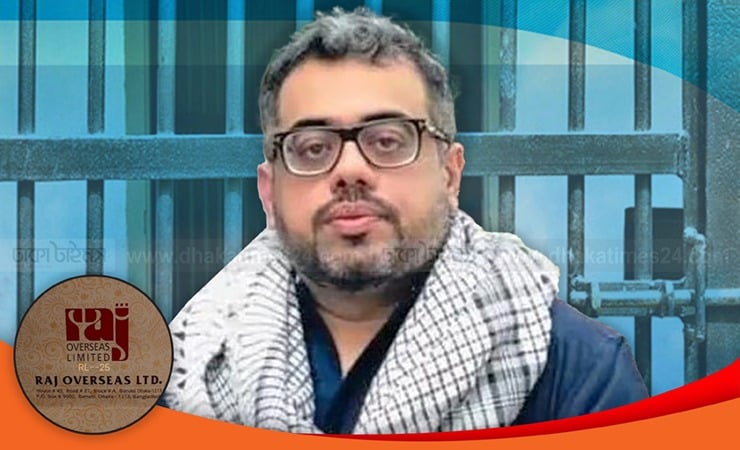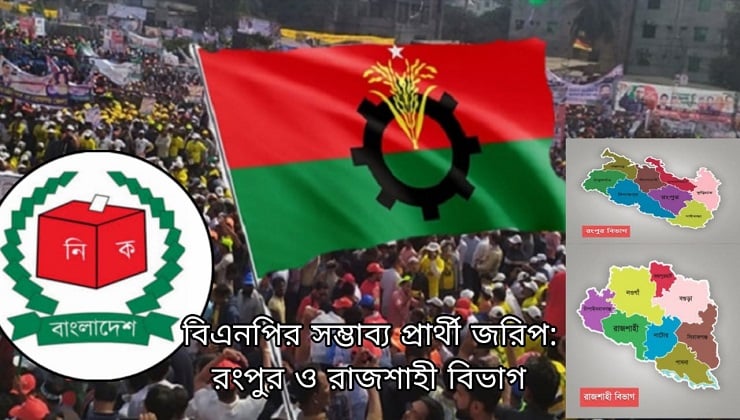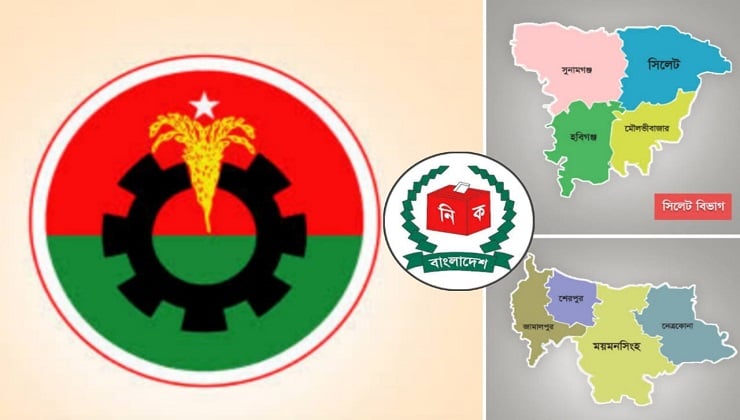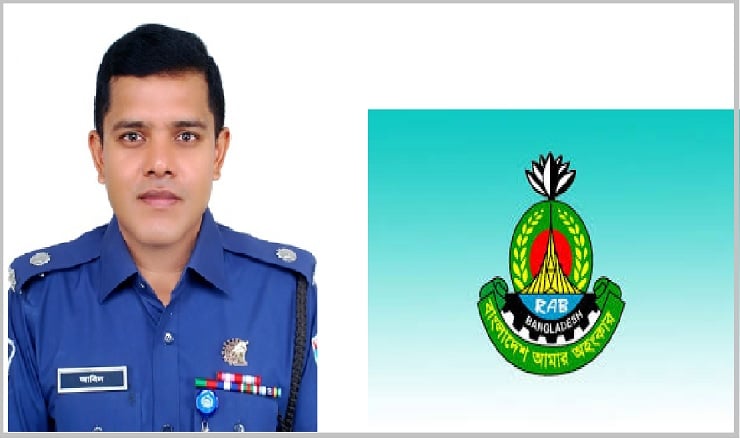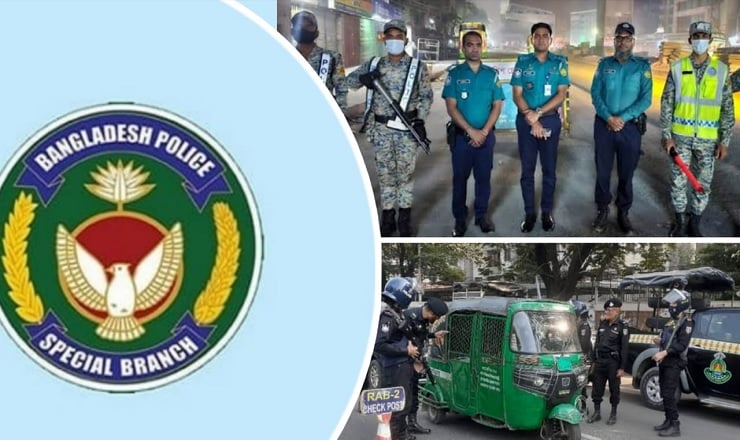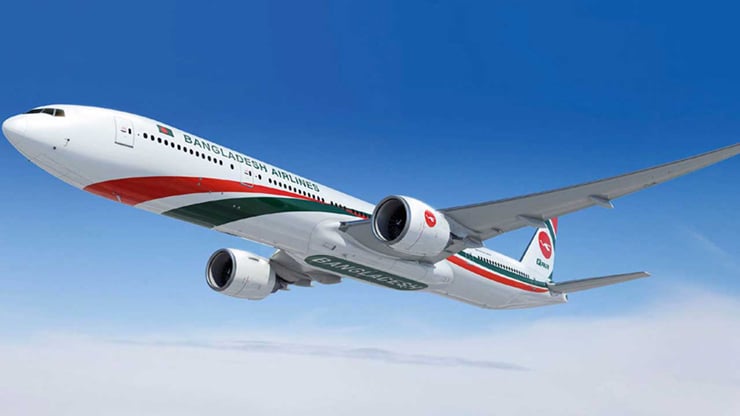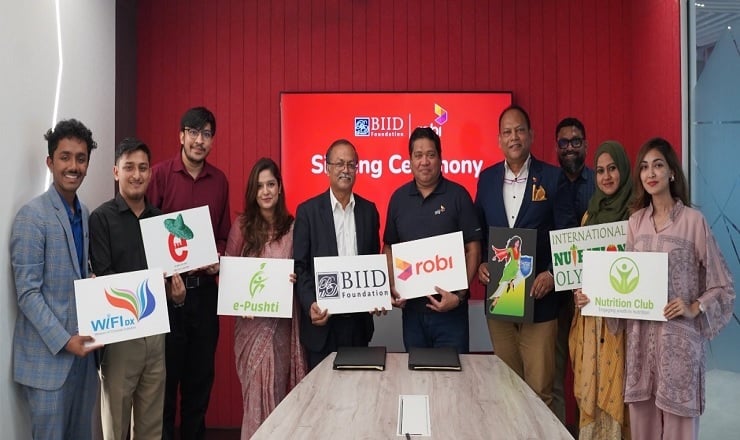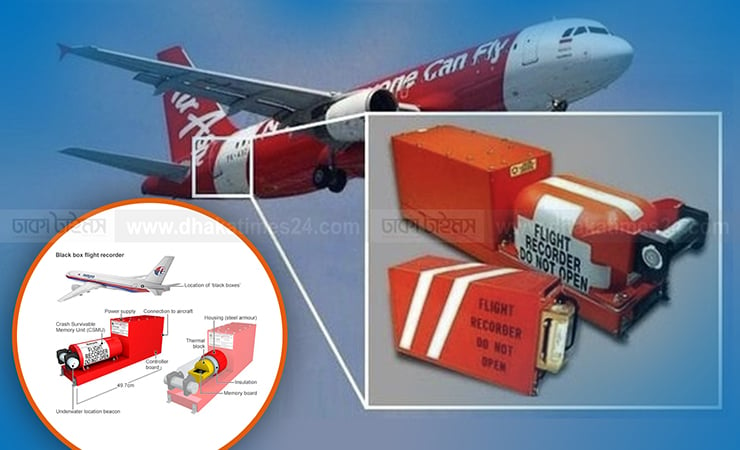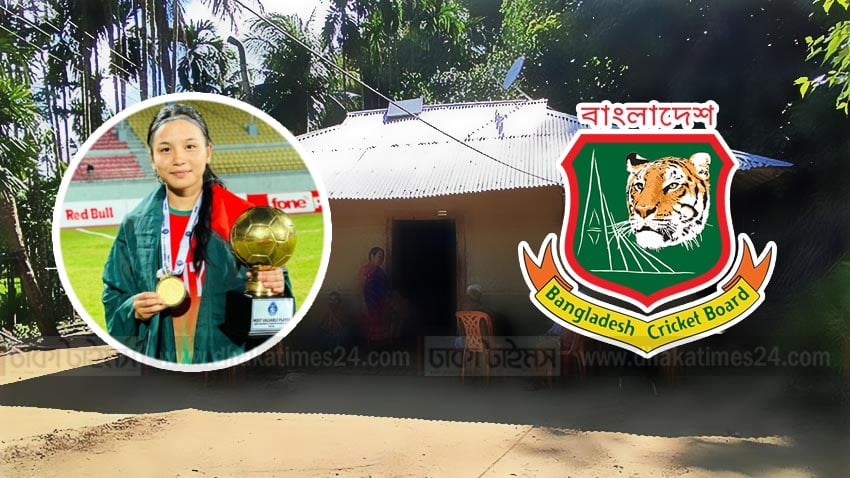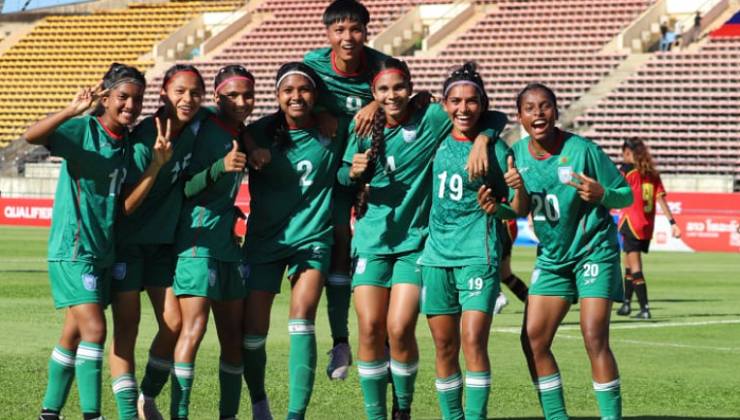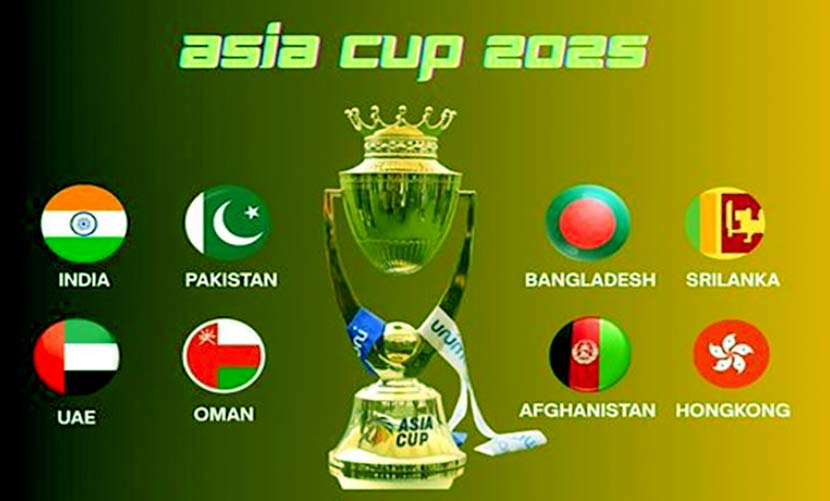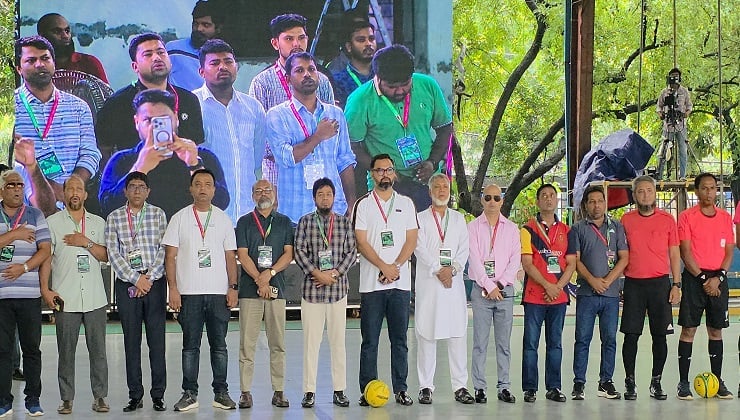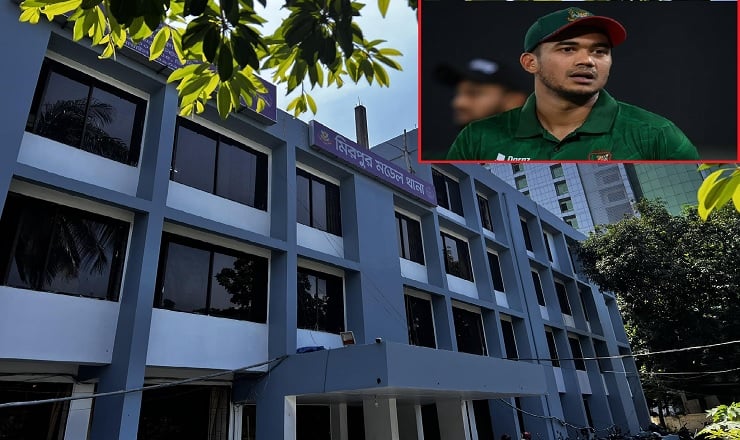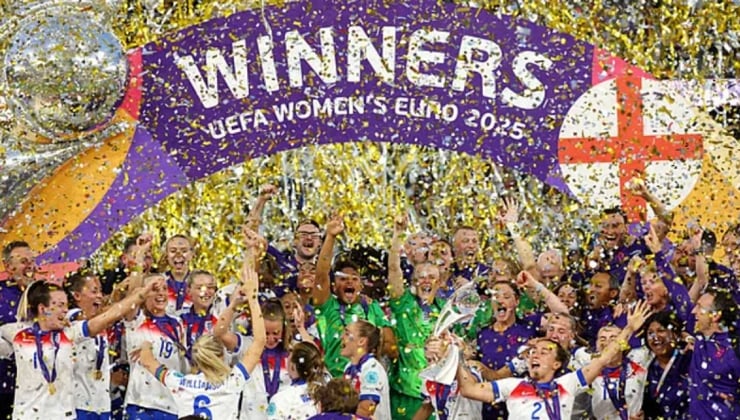REMOVING POVERTY THROUGH ECONOMIC GROWTH

The recent past has witnessed important revelations for Bangladesh. They related to our surge in economic growth and its inter-active engagement with poverty reduction. We have emerged out of that darkness and our war devastated population of 1972 and can stand today with our heads held high. We have made significant progress in all areas- social, economic, education, health and culture-as reflected in the fulfillment of our MDG goals.
On 25 October, the Bangladesh Bureau of Statistics (BBS) announced that our GDP in fiscal 2015-16, GDP had grown by 7.11 per cent. This was a significant step forward when compared with past performances over the last six years. In FY-14 it was 6.06%and in FY-15 it was 6.55%. It may be recalled that the last time GDP growth crossed the 7 per cent mark was in fiscal 2006-07 when 7.06 per cent growth was logged in. Economists however at that time had credited the growth figure to the change in base year. It has also been disclosed that our per capita income at the end of this financial year stood at US$ 1,465- which was US $1 less than the provisional data. This lower figure has been attributed by the relevant authorities to the difference in exchange rate. In April, it may be recalled the exchange rate of US Dollar to Taka was Tk. 78.15. Currently it is Tk. 78.27. In fiscal 2014-15, Bangladesh’s per capita income was US $ 1, 316.
The Bureau also revealed several other interesting statistics identified on the basis of constant prices. The industrial sector growth was 11.09 per cent against 9, 67 per cent in fiscal 2014-15. The services sector registered 6.25 per cent growth for fiscal 2015-16, up from 5.8 per cent a year earlier.
A financial analyst has pointed out that this increase has been possible because of certain factors- (a) increase in growth in wages in the service sector, especially in public administration, education and health and (b) growth in large scale manufacturing, construction and transport. It may be recalled that industrial activity had earlier suffered due to supply disruptions which weakened consumer confidence in 2014-15.
The BBS disclosures also indicated another significant aspect. During 2015-16, overall imports for the industrial sector grew about 6.5 per cent in US Dollar terms, mainly due to import of capital machinery required for Power plants, the construction of the Padma Bridge, Flyovers and expansion of industrial units, especially in the garment and textile sector.
Economists have opined that relative political stability and a decline in the prices of different types of capital machinery in international markets appear to have encouraged entrepreneurs to involve themselves in new ventures and in expanding the paradigm of their existing businesses. A World Bank report has also pointed out that in fiscal 2015-16, real estate; renting and associated business activities also played instrumental roles in this context. Property price corrections and lower interest rates on home loans have also contributed positively in this exercise.
Bangladesh today, despite isolated scepticism from some economists, on the basis of purchasing power parity (PPP) and these statistics, now stands at the 33rd position among the world economies.
There were also two other revealing reports that were disclosed in the third week of October. The first related to the Global Hunger Index (GHI) which stated that despite improvement in other human development indicators, the International Food Policy Research Institute (IFPRI), in its latest report had ranked Bangladesh 90th among 118 countries. In 2008, Bangladesh’s score was 32.4 but now it has marginally improved to 27.1- ranked behind Nepal (72), Myanmar (75) and Sri Lanka (84). We are however ahead of India (97), Pakistan (107) and Afghanistan (111). The GHI score is based on measures of undernourishment, the prevalence of stunting among children and the prevailing child mortality rate. It is clear that we have started to ascend the ladder but our efforts need to be not only more coordinated but more inter-active at the grass roots level, particularly within our Rangpur Division.
The other report was issued by the General Economic Division (GED) in Dhaka on 16th October. It mentioned that despite some improvement in our per capita income, 37.6 million people, almost 23.5 per cent of the total population still live under the poverty line in Bangladesh. Of them nearly 19.4 million are extremely poor. This indicates some improvement from 2009 when there were about 50 million below the poverty line- including about 28 million extremely poor people.
It needs to be understood that poverty is a multifaceted concept, which includes social, economic, and political elements. Fundamentally, poverty is the inability of having choices and opportunities, a violation of human dignity. It means lack of basic capacity to participate effectively in society. It means not having enough to feed and clothe a family, not having a school or clinic to go to; not having the land on which to grow one’s food or a job to earn one’s living, not having access to credit. It means insecurity, powerlessness and exclusion of individuals, households and communities. It means susceptibility to violence, and it often implies living in marginal or fragile environments, without access to clean water or sanitation. Poverty also encompasses low levels of health and education, poor access to clean water and sanitation, inadequate physical security, lack of voice, and insufficient capacity and opportunity to better one’s life.
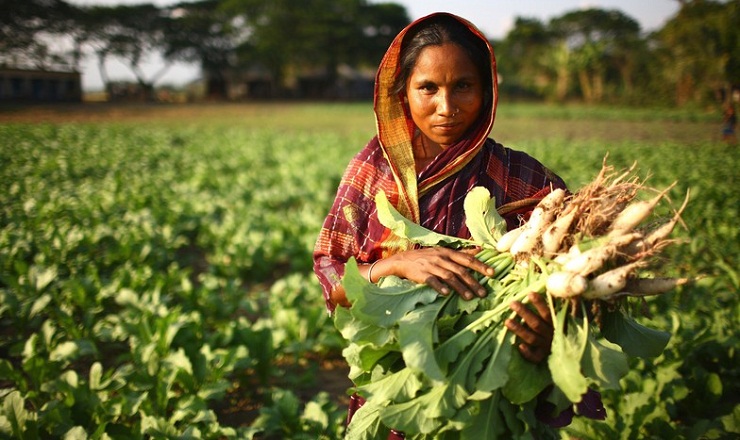
Absolute poverty, extreme poverty, or abject poverty is "a condition characterized by severe deprivation of basic human needs, including safe drinking water, sanitation facilities, health, shelter, education and information. It depends not only on income but also on access to services." The term 'absolute poverty', when used in this fashion, is usually synonymous with 'extreme poverty': Robert McNamara, the former president of the World Bank, described absolute or extreme poverty as, "a condition so limited by malnutrition, illiteracy, disease, squalid surroundings, high infant mortality, and low life expectancy as to be beneath any reasonable definition of human decency."
Poverty may also be understood as an aspect of unequal social status and inequitable social relationships, experienced as social exclusion, dependency, and diminished capacity to participate, or to develop meaningful connections with other people in society. Such social exclusion can however be minimized through strengthened connections with the mainstream, such as through the provision of relational care to those who are experiencing poverty. Poverty can also be reduced if an improved economic policy is developed by the governing authorities to facilitate a more equitable distribution of the nation's wealth.
Bangladesh, comparatively, has undertaken several initiatives to reduce the manifestation of poverty within the country. In this context it has also addressed the issue from the point of the rural and urban divide.
The World Bank President Mr. J.Y.Kim during his recent visit to Dhaka spoke about this matter on 17 October. He praised Bangladesh for the measures already undertaken to bring forth accountability and reduction of poverty and then observed that if Bangladesh is to reach the goal of becoming a middle-income country by 2021 and be free of extreme poverty by 2030, it has to sustain its economic growth and also focus on developing energy and transport infrastructure, improve the quality of healthcare, education and governance and also strengthen anti-corruption measures. According to him, this would improve the investment climate. He also reiterated that investment in people was as significant as investment in infrastructure. He then also referred to the fact that Bangladesh was vulnerable to natural disasters and was also having to overcome the challenges of climate variability through adaptation and mitigation. These factors needed to be addressed to overcome the poverty trap. His advice was obviously pertinent for us.
Yes, the news of our economic growth in FY 16 has been particularly welcome. We also greatly appreciate the possibility of China providing Bangladesh with up to US$ 25 billion for the projects agreed upon between the two countries during the recent visit of the Chinese President. We similarly welcome the remarks and the pledges made by the World Bank President. All of these are hopeful signs.
To these can be added our upgraded OECD ranking, our record remittance earnings, our soaring foreign exchange reserves, our keeping inflation relatively under control, our surge in export earnings, our decline in dependence ratio, our successes in human development, our augmenting of social protection- through better education facilities, gender empowerment and healthcare opportunities.
It is clear that we are moving forward. However, our focus needs to be also on food security and lifting the quality of life of the poorest of the poor from the many Upazillas in our rural areas (Bhurungamari, Char Rajibpur, Chilmari, Phulbari, Rajarhat, Ulipur, Bakerganj, Hizla, Mehendiganj, Dewanganj- to name a few from the Kurigram, the Barisal, the Chandpur and the Jamalpur Districts) and also creating a greater balance by removing growing income inequality in our urban areas. If we can do that, we will definitely be able to meet our 2030 goal of eradicating poverty from Bangladesh.
Muhammad Zamir; a former Ambassador and Chief Information Commissioner.
 ঢাকা টাইমস অনলাইন এর সর্বশেষ খবর পেতে Google News ফিডটি ফলো করুন
ঢাকা টাইমস অনলাইন এর সর্বশেষ খবর পেতে Google News ফিডটি ফলো করুন
মন্তব্য করুন



